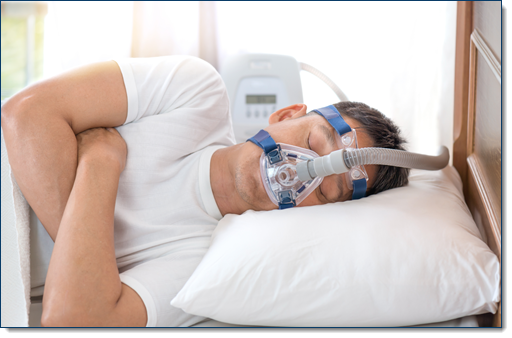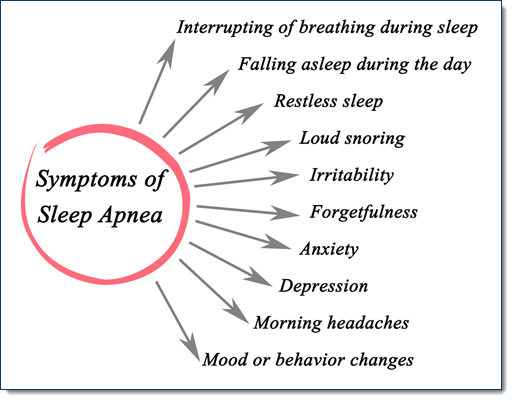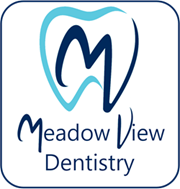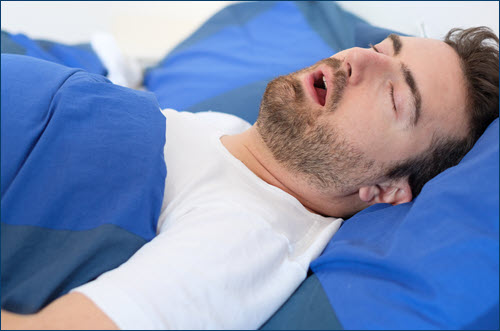Sleep apnea, a common sleep disorder characterized by repeated interruptions in breathing during sleep. This significantly impacts overall health and quality of life. While CPAP (Continuous Positive Airway Pressure) machines are a standard treatment, advancements in dentistry have introduced effective alternatives. These dental techniques focus on oral appliance therapy. And they are gaining recognition for their role in alleviating symptoms.
Sleep Apnea – Explained
 Obstructive Sleep Apnea (OSA), the most prevalent form, occurs when the muscles in the throat relax excessively during sleep, causing a temporary blockage of the airway. This leads to snoring, frequent awakenings, daytime fatigue, and can have long-term health implications. Such conditions include increased risk of hypertension, heart disease, and stroke.
Obstructive Sleep Apnea (OSA), the most prevalent form, occurs when the muscles in the throat relax excessively during sleep, causing a temporary blockage of the airway. This leads to snoring, frequent awakenings, daytime fatigue, and can have long-term health implications. Such conditions include increased risk of hypertension, heart disease, and stroke.
Dental Approaches
- Oral Appliance Therapy: This is the cornerstone of dental intervention in sleep apnea. These custom-fitted devices are designed to maintain an open, unobstructed airway. Two main types of appliances are used:
- Mandibular Advancement Devices (MADs): These are the most widely used oral appliances. MADs resemble mouth guards and work by pushing the lower jaw slightly forward and downward, keeping the airway open.
- Tongue Retaining Devices: Less common, these devices hold the tongue in a forward position. This prevents it from blocking the airway.
Both types of devices are effective in reducing the frequency of breathing interruptions, snoring, and improving the quality of sleep.
- Adjustable Devices: Some oral appliances are adjustable, allowing dentists to fine-tune the position of the jaw for maximum effectiveness.
- Custom Fit: Unlike over-the-counter options, dental appliances are custom-made to fit the individual’s mouth, enhancing comfort and effectiveness.
 Advantages of Dental Techniques
Advantages of Dental Techniques
- Comfort and Convenience: Dental appliances are small, lightweight, and easy to wear. They are especially beneficial for patients who travel frequently or find CPAP machines cumbersome.
- Increased Compliance: Due to their ease of use and comfort, patients are more likely to use them consistently compared to CPAP.
- Non-Invasive: These devices offer a non-surgical approach to managing sleep apnea.
Collaborative Care
Dentists often collaborate with sleep specialists to provide comprehensive care. A sleep study may be conducted to diagnose the severity of your condition, and the effectiveness of the oral appliance is regularly monitored and adjusted as needed.
Oral appliance therapy has emerged as a promising alternative to traditional sleep apnea treatments, offering a less invasive and more comfortable option for many patients. As research continues and technology advances, dental approaches to sleep apnea are likely to become even more effective and widely used. If you’re experiencing symptoms of sleep apnea, consult with a dental professional experienced in sleep medicine to explore the best treatment options for you. Learn more about how Meadow View Dentistry can help alleviate sleep apnea. Set your appointment today!

